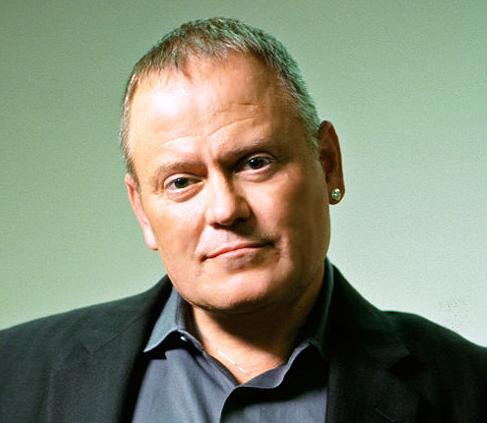Repeated failures couldn’t stop this entrepreneur from becoming a billionaire
Robert Parsons popularly known as Bob Parsons’ life had been similar to that of a roller-coaster ride. He was born in a financially unstable family. The struggle of life began right there. Looking at his disinterest in studies he was sent to a traditional Catholic school in Baltimore where nuns treated students with hard hands. However, it proved not much beneficial for his academic career. Once failed in fifth standard, Parsons couldn’t develop love for books. His entire school life had been huddled with poor grades. Despite all this one thing which Bob always knew was how to make money. He always managed to have cash in pocket by doing odd jobs like delivering papers, mowing lawns or shoveling snow.
Beginning of a new journey
After completing his intermediate somehow, Parsons got himself admitted in the Marine Corps in Vietnam. It was not an easy go life there either. The war and bloodshed had a deep impact on his mind. Indeed like any other person he was nervous and thrilled but then he made a resolution to deal with whatever comes. This became a major turning point in his life. His determination developed in the days of war at Vietnam filled in him the spirit to face each and every challenge that might try to block his way.
After getting back to home, he enrolled himself at the University of Baltimore to complete his graduation in accounting, after which he secured a job as an accountant in a company in Redwood City. One day, while visiting to company’s office he threw a glance upon a book of BASIC programming language. He was so lured by the thought of programming that he went ahead and bought the book. And in no time his interest for computers became a full time hobby.

Take chances in life
Now this was the time when he turned his hobby into a business idea. In the year 1984, Bob Parsons invested an amount of $15,000 he had saved from his previous jobs at Vietnam and Redwood City to lay the foundation of Parsons Technology. It basically dealt with software based on accounting. No success story is worth if the journey is not posed with challenges and hurdles, Parsons tasted a heavy failure in 1985 with a loss of about $25,000. This did give his company a punching blow but couldn’t stop him from making his way through it. He tried to track the place where his efforts lacked in. It was his marketing strategy that wasn’t paying him well and then his next move set a benchmark in his life.
Parsons’ motive was not just to make money; rather, he wanted his idea and services to be in knowledge of as many people as possible. And this led him to spend an amount of $5000 to fetch a front-page advertisement on a regional computer publication cover. This risk turned out to be one that of profit as the sales got a new boost. Now he knew where exactly to strike and he approached bigger publications to advertise his company. Finally the retail price of Parsons Technology grew by 90% making $100 million annual revenue. In 1994, Bob Parsons sold the company to Intuit for $64 million.
Becoming big daddy of web world
After selling his company, Parsons was left with huge amount of money but had dearth of ideas. However, in 1997 he founded another company Jomax Technologies which provided services to build websites for other people. Parsons wanted to make the company name a bit catchy before registering it officially and therefore in 2000 he renamed it to GoDaddy. For a period of 4 years, incessant failures made Parsons go dejected as he lost all his money with just $6 million dollars left in hand. He had decided to take his steps back and was almost about to quit when he witnessed a hotel’s valet happy and satisfied unlike him. This motivated him to take an about-turn and make a firm resolution to stand and face all obstacles and keep trying until he tastes the success. His dedication and relentless efforts turned out to be successful and the firm started making profits.
In the year 2011, Parsons stepped down from the post of CEO to executive chairman and sold a major portion of the domain name registrar and Web-hosting firm GoDaddy to private firms KKR, Silver Lake Partners and TCV acquiring $2.3 billion. Holding about $930 million in cash, Parsons later diversified his business portfolio by making investments. He todays owns shopping malls, vehicle dealerships, a lending firm and Scottsdale National Golf Club.
Takeaway from Bob Parson’s story is to be passionate about something, be ready to fail, be ready to adapt, try, try and keep doing the good work.

Aanchal is a freelance writer and has been writing since 2013. She is currently pursuing her masters in English Literature from University of Delhi and received her B.A. (hons.) degree in English Literature from University of Delhi.
She has a great passion for writing poetry. She is also a keen reader of inspirational stories of people who have achieved success through hard work.
.jpg)



